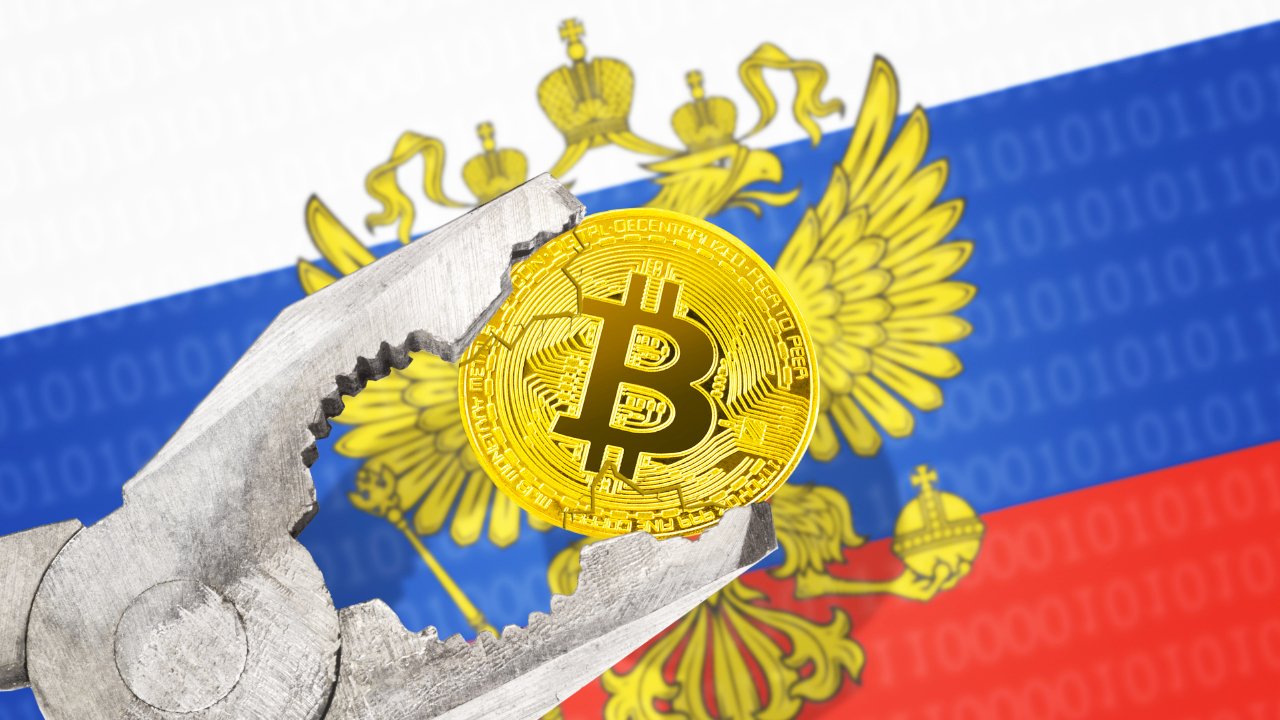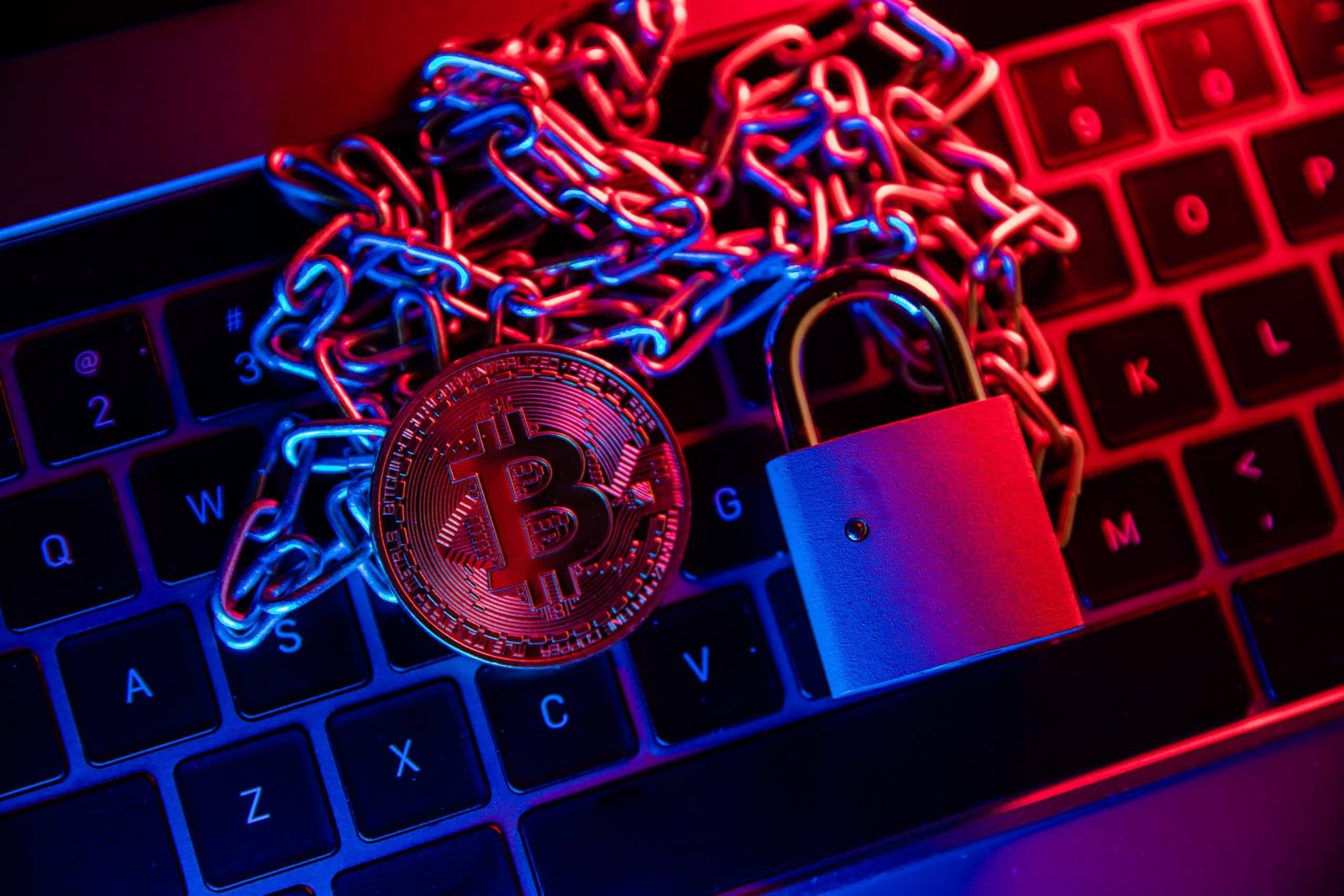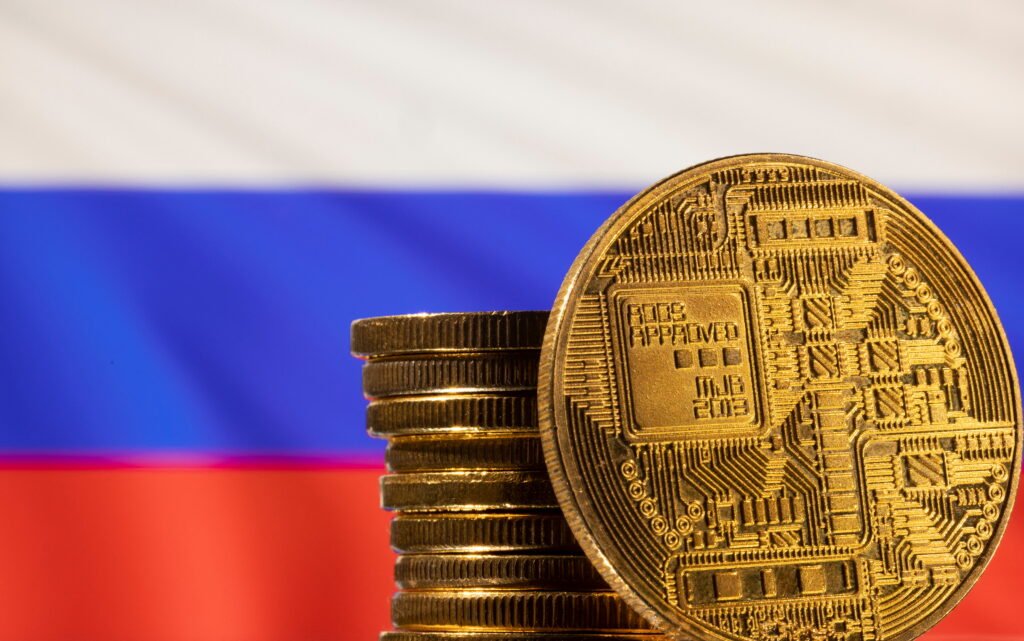Because of Russia’s role in the crises in Ukraine and elsewhere, the international community imposed severe sanctions on the country, which caused a significant change in the geopolitical environment in the years that followed. Reports suggest Russia relies on cryptocurrencies, particularly Bitcoin to Evade Sanctions banking restrictions and keep its economy afloat as it faces severe sanctions. The essay delves into how Russia uses Bitcoin and other digital currencies to strengthen its economy, the consequences of these activities, and how they influence global financial institutions.
Russia Under Sanctions
Russia has been subject to a barrage of economic sanctions from Western countries since 2014 when it annexed Crimea to cut it off from the global banking system. Sanctions have restricted Russian banks’ ability to do business, restricted access to financial markets, and outright banned several trade operations. Inflation, a depreciated currency, and a drop in foreign investment are all outcomes of the economic consequences that have hit Russia hard. Russia’s government has been looking for other ways to support its economy and counter this.
Russia Turns to Bitcoin
One decentralised and anonymous alternative to conventional banking systems is Bitcoin, the first cryptocurrency. Russian citizens and companies alike have shown a marked increase in their curiosity about cryptocurrencies in recent years, with many investigating its feasibility as a means of conducting financial transactions not subject to Western sanctions. The expansion of the Bitcoin market has made it possible for Russian businesses to transact globally, avoid banking restrictions, and exchange substantial sums of money without the direct oversight of authorities.

It has come to light that state-owned firms and Russian oligarchs are making more and more use of Bitcoin to circumvent sanctions on their transactions. This group can avoid direct scrutiny from regulatory agencies by trading in foreign marketplaces using Bitcoin instead of rubles. Not only do aristocrats engage in this behaviour, but many regular people are now buying cryptocurrency to hedge against economic uncertainty.
Crypto Russia’s Sanctions Loophole
Another appealing aspect of cryptocurrencies for Russians seeking to evade sanctions is their decentralised character. Bitcoin is decentralised and runs on a peer-to-peer network, which makes it difficult to track individual transactions like traditional financial systems. Because users can conduct transactions anonymously, regulators have a harder time keeping tabs on the movement of money. Furthermore, cryptocurrency transactions are not limited by national boundaries due to their international nature, which is a lifeline for a country under extreme economic duress.
The sophistication of cryptocurrency exchanges and P2P trading platforms has also grown, providing Russians with opportunities to convert Bitcoin for fiat currency or e-commerce items. These platforms are expanding, meaning more people can buy and use Bitcoin for transactions that would be impossible with conventional banks.
The Russian government is taking a nuanced approach to cryptocurrency regulation in light of the industry’s growing importance. Cryptocurrencies can further disrupt the economy and make illegal operations easier, so authorities are cautious about them. In contrast, the potential of cryptocurrencies to bolster economic activity is increasingly being recognised, particularly in the face of severe penalties.

Proposals to establish cryptocurrency regulations emerged from Russian government discussions in late 2022 and early 2023. Legitimising and controlling the usage of digital currencies while minimising dangers would be the goal of these frameworks. Russian officials have advocated for creating a digital ruble to keep monetary policy under state control and take advantage of blockchain technology.
Bitcoin & Sanctions Evasion
Using Bitcoin to Evade Sanctions has far-reaching consequences for international finance, even outside the country’s boundaries. Policymakers in the US and Europe are becoming increasingly concerned about the efficacy of sanctions as sanctioned nations like Russia are increasingly turning to cryptocurrency. The economic impact will lessen if digital currencies can be easily used to escape sanctions.
Due to their decentralised nature, foreign regulatory agencies have difficulties dealing with cryptocurrencies. Sanctioning nations must change how they track cryptocurrency transactions to combat its use. The dynamic nature of digital money may prompt governments to collaborate and enact new legislation.
In summary
Russian officials are looking Bitcoin to Evade Sanctions other cryptocurrencies to circumvent financial sanctions, causing their economy to face unprecedented hurdles. The growing popularity of Bitcoin in Russia highlights how the decentralised and transnational character of cryptocurrencies is challenging long-held ideas about monetary management in the global financial system. There are serious ramifications for world politics and economic stability as the Russian government tries to figure out how to control this growing industry. In 2025, monitoring how sanctions, cryptocurrencies, and national behaviours interact will be key to predicting global finance development.
[sp_easyaccordion id=”4537″]


